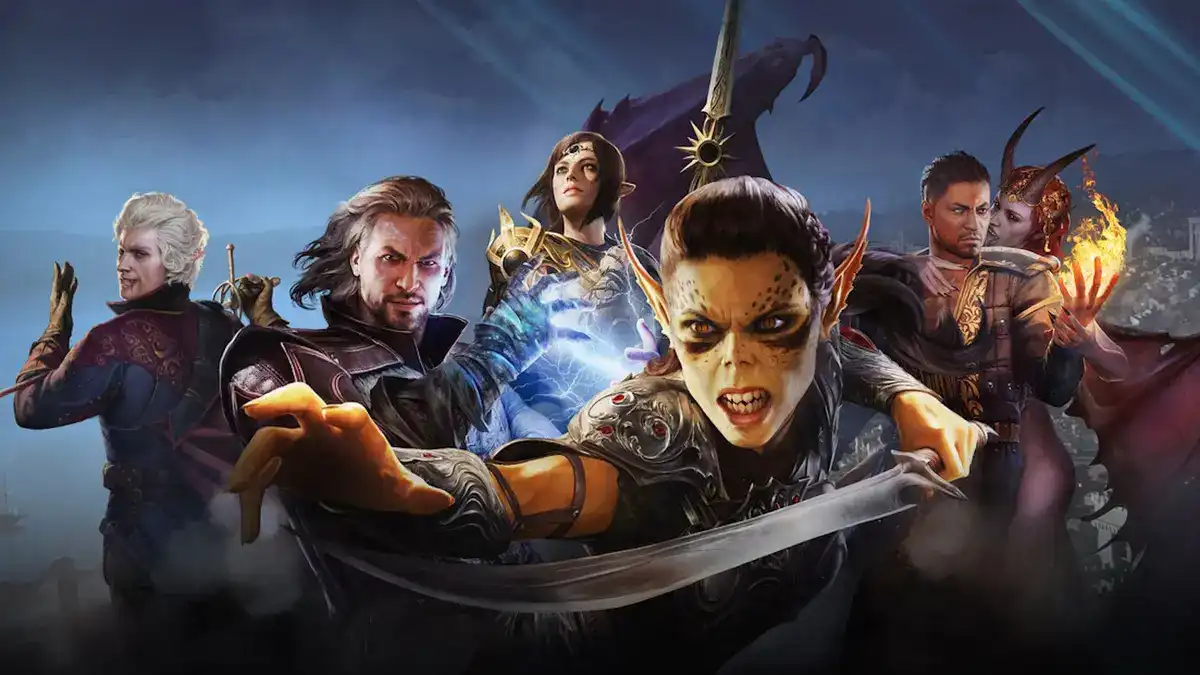Pivotal Choices in Baldur’s Gate 3
One of the hallmarks of Baldur's Gate 3 is its skillfully implemented decision-making gameplay. Every choice the players make holds significant weight, affecting the story's trajectory and potentially the game's resolution. However, as with any game with numerous choices, some are less popular than others.
These unpopular choices are important in their own right because they express the game's spectrum of possible outcomes and illustrate the game's multilinear storytelling. In the world of Baldur’s Gate 3, a game decision could lead to being loved or hated by other characters.

Moreover, some choices are so disapproved that they are rarely taken up by the player base. This article aims to scrutinize and discuss the most detested single choices in Baldur's Gate 3 and expounds on their respective consequences.
“Betrayal in the Goblin Camp” Choice
One of the most scandalous choices in the game is the decision to betray comrades in the Goblin Camp. This action angers players due to its opportunistic, vile nature and disregard for the bonds forged with fellow characters throughout the journey.
Choosing this pathway results in massive disapproval from the group. This point in the narrative drastically shifts the group dynamics and redefines the player's relations with his or her compatriots.
The heavy disapproval associated with this choice demonstrates Baldur's Gate 3's emphasis on camaraderie and the importance of maintaining strong relationships with fellow adventurers.
The Gut vs. Heart Choice
Another unpopular choice is the decision whether to follow your instinct or consider others' feelings. While the instinct's call can lead to survival in specific scenarios, it can also breed hostility.
Many times, the decision to rely solely on intuition is viewed negatively by the game's characters. They perceive it as a selfish and thoughtless course of action, prioritizing survival over enhanced in-group relationships.
The characters in Baldur’s Gate 3 value empathy. Thus, it is unsurprising when a dismissive attitude towards other party members' sentiments leads to disapproval. It’s a reminder that, in this world, the key to survival is not only strength but also emotional intelligence.
The Question of Absolute Power
In Baldur’s Gate 3, power can be used to better one's situation and help others, or it can be used purely for self-interest. The decision to grab power for oneself can lead to disdain and mistrust among the party's members.
The choice to take power at the expense of others plunges the storyline into treacherous waters, negatively reversing the patrons' opinions of the protagonist. It indicates a failure to understand the central role of unity and collaboration in this world.
The game’s developers evidently created this decision to achieve an important purpose: reminding players that in Baldur’s Gate 3, power can easily lead to downfall if applied without thoughtfulness and consideration for others.
Dealing with Halsin
Another dramatic choice in Baldur’s Gate 3 includes the handling of Halsin. Some players opt to hurt or even kill him, leading to severe group disapproval. His position in the storyline and his pivotal role elicit strong reactions resulting from violence against him.
As Halsin is a popular and pivotal character within the game, the act of hurting or killing him is seen as untrustworthy and deceitful. It strains group relations and taints the team dynamics.
The reaction to this choice encapsulates how Baldur’s Gate 3 requires the player to consider the weight of their actions. In this world, even in moments of crisis and desperation, morality cannot be disregarded.
Deceiving the Myconids
Additionally, the decision to deceive the Myconids into believing they are safe is another action met with widespread disapproval. It betrays the group's trust and shakes their belief in the player's character.
Deception is an easy way out of tough situations, but players are reminded that choosing such a path often results in debilitating relational consequences later. It undermines the player's credibility as a group member and risks weakening the team’s faith in them.
This moment symbolizes the dangerous path that can be taken by pursuing the easier road. The game developers designed Baldur’s Gate 3 to encourage players to prioritize honesty over deception, as trust is hard to regain once lost.
Narrative Shift within Baldur's Gate 3
As the narrative of Baldur's Gate 3 progresses, players are continuously faced with scenarios involving moral and ethical dilemmas. In different instances, the players' choices determine their characters' relationships, story progression, and the game's ultimate conclusion.
Whether it's to deceive, betray, seek power recklessly, act without empathy, or even harm central characters, these choices contribute to the narrative's development by shaping the trajectories of the character's friendships, alliances, explorations, and conflicts.
Baldur's Gate 3's developers have expertly created a gaming universe where every decision is crucial. The game is not just about winning battles or completing quests; it unfolds like an intricate drama where the player's individual, often complex, choices determine the course of the story.
This may make the game somewhat challenging for some, but it also enhances the depth and realism of the game experience, placing the player in a vivid, fraught, and unpredictable narrative landscape of stunning possibilities.
Conclusion: Reflecting Real-World Dynamics
Baldur's Gate 3 is an intense and engaging game with an extensive narrative universe, challenging the player to strike a precarious balance between personal goals and communal needs. Just like real life, every decision matters, and all choices have consequences.
This approach serves to highlight the real-world dynamics of actions and their effects. Furthermore, it provides an immersive, engaging, and uniquely satisfying gaming experience, particularly for those who enjoy deep narratives and complex character interactions.
The game's array of unpopular choices showcases the extent to which character decisions can affect not only the player's individual story but the broader game narrative and progression.
Ultimately, Baldur's Gate 3 engages players in challenging and profound storytelling, giving them a say in the deep narrative presented, reinforcing the game's status as a paragon of immersive role-playing experiences.